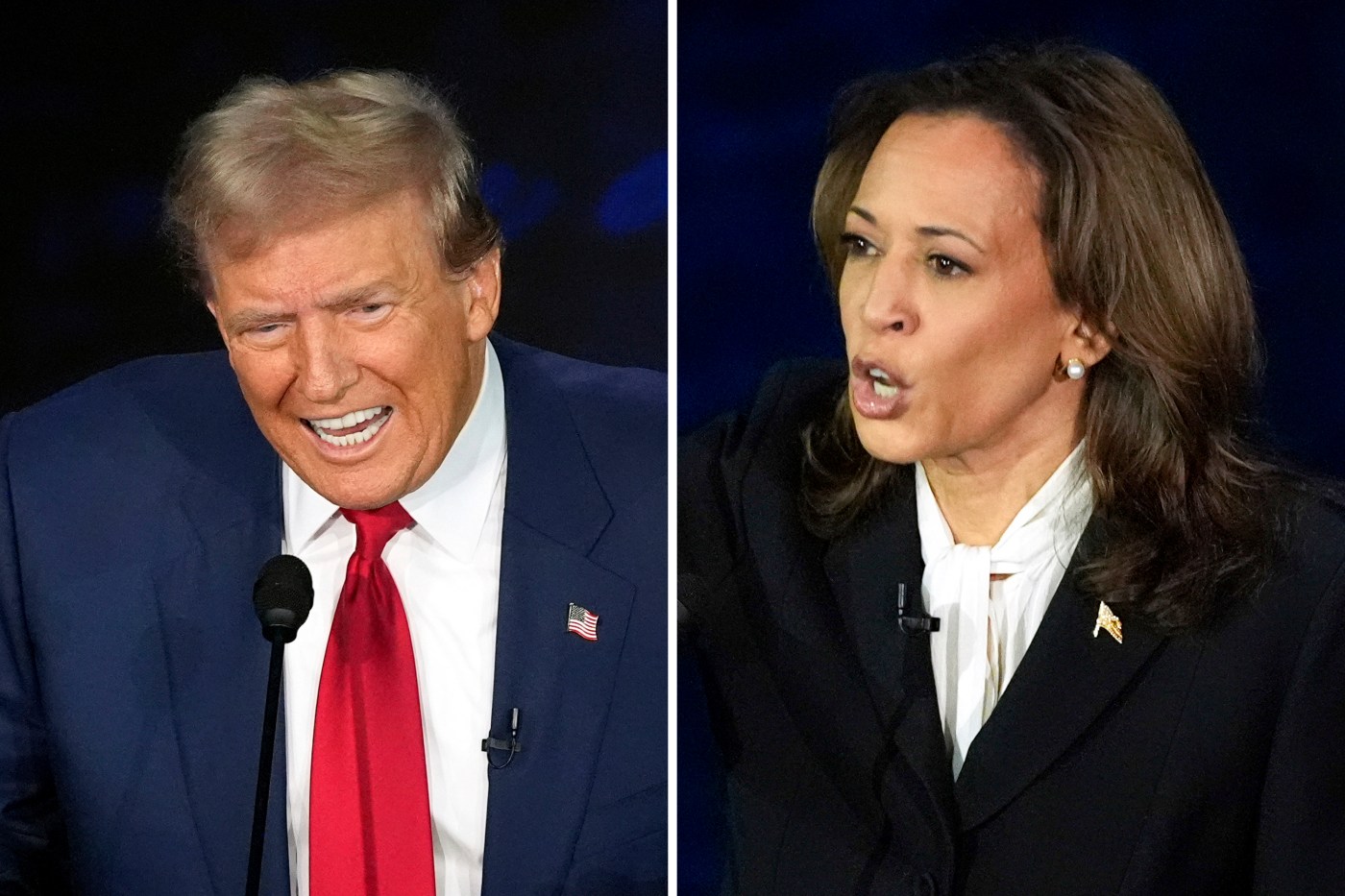
Schwarz: What do Trump, Harris say about the American Dream?
With each passing day, America’s political discourse stoops lower and lower.
The recent presidential debate was no exception, defined by cheap slogans and petty insults. For all of their bluster, Donald Trump and Kamala Harris missed the mark on cold, hard policy. Nor was there a clear, uplifting vision for a divided nation based on its most unifying feature: The American Dream.
We ask, “Where do Trump and Harris stand on the American Dream?” This matters because the American Dream keeps people hopeful about the future; it keeps Americans thinking about an aspirational vision for their lives and that of their neighbors.
In 1931, James Truslow Adams put forth the best definition of the American Dream, still used to this day: (The American Dream) is that dream of a land in which life should be better and richer and fuller for every man and woman, with opportunity for each according to his ability or achievement.”
Despite our progress and the American Dream’s resilience, the prevailing narrative suggests the American Dream is on life support. That is according to media commenters, politicians and polls showing some Americans souring on the American Dream. One such poll, by ABC News and Ipsos, that defined the American Dream as “if you work hard, you’ll get ahead,” showed that only 27% of people agreed with that statement, down from 50% in 2010.
Indeed, an Archbridge Institute poll shows that there are more pessimistic people than in the past, with 32% saying the American Dream is out of reach (up from 24% last year). The negative results are primarily driven by younger cohorts, especially the 19-28-year-old age bracket.
The American Dream is a journey, not a destination. A recent Pew poll confirmed the findings that most people are still optimistic about the American Dream, even if more people have more negative views than in previous years.
As the Truslow Adams definition shows, the American Dream is more than just pursuing wealth; it is also about chasing better and fuller lives. More people associate what is essential to the American Dream with freedom of choice and having a good family life. Eight in 10 people say that those two statements relate more to their vision of the American Dream, whereas 14% say they think becoming wealthy is essential to it.
America is still the land of opportunity, and it is incumbent on politicians to first acknowledge that and second to explain how they expand opportunities for Americans. The overwhelming majority of people (77%) think they have more or about the same opportunities as their parents, not less, and their children will as well.
What the presidential candidates should be doing on the campaign trail is advocating for equality of opportunity rather than “equity” (everyone ending up in the same place). Equality of outcome is not a winning platform.
There are many challenges ahead, and there are still barriers to overcome, but the American Dream is the unifying vision statement for the United States.
Gonzalo Schwarz is the president and CEO of the Archbridge Institute/InsideSources

